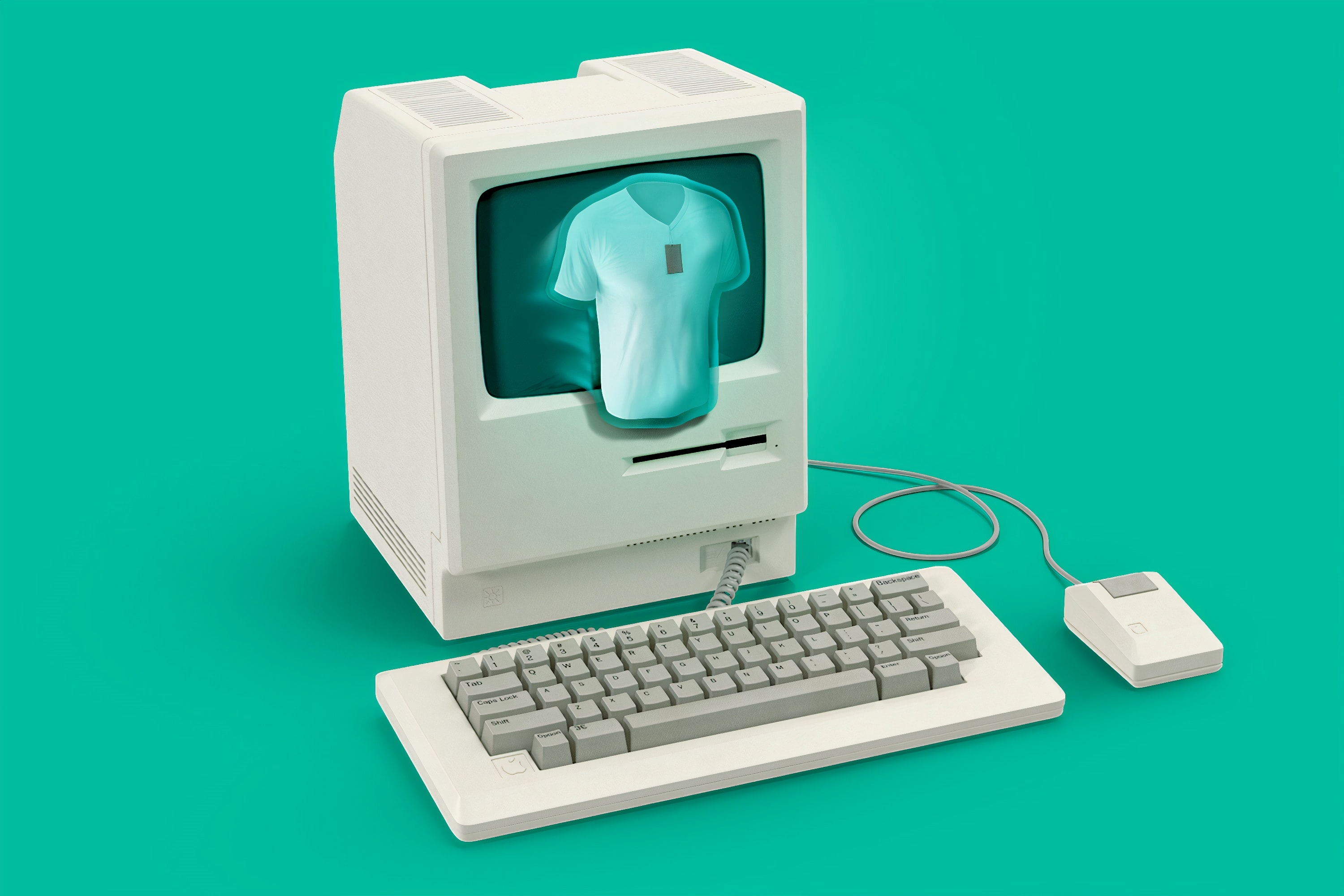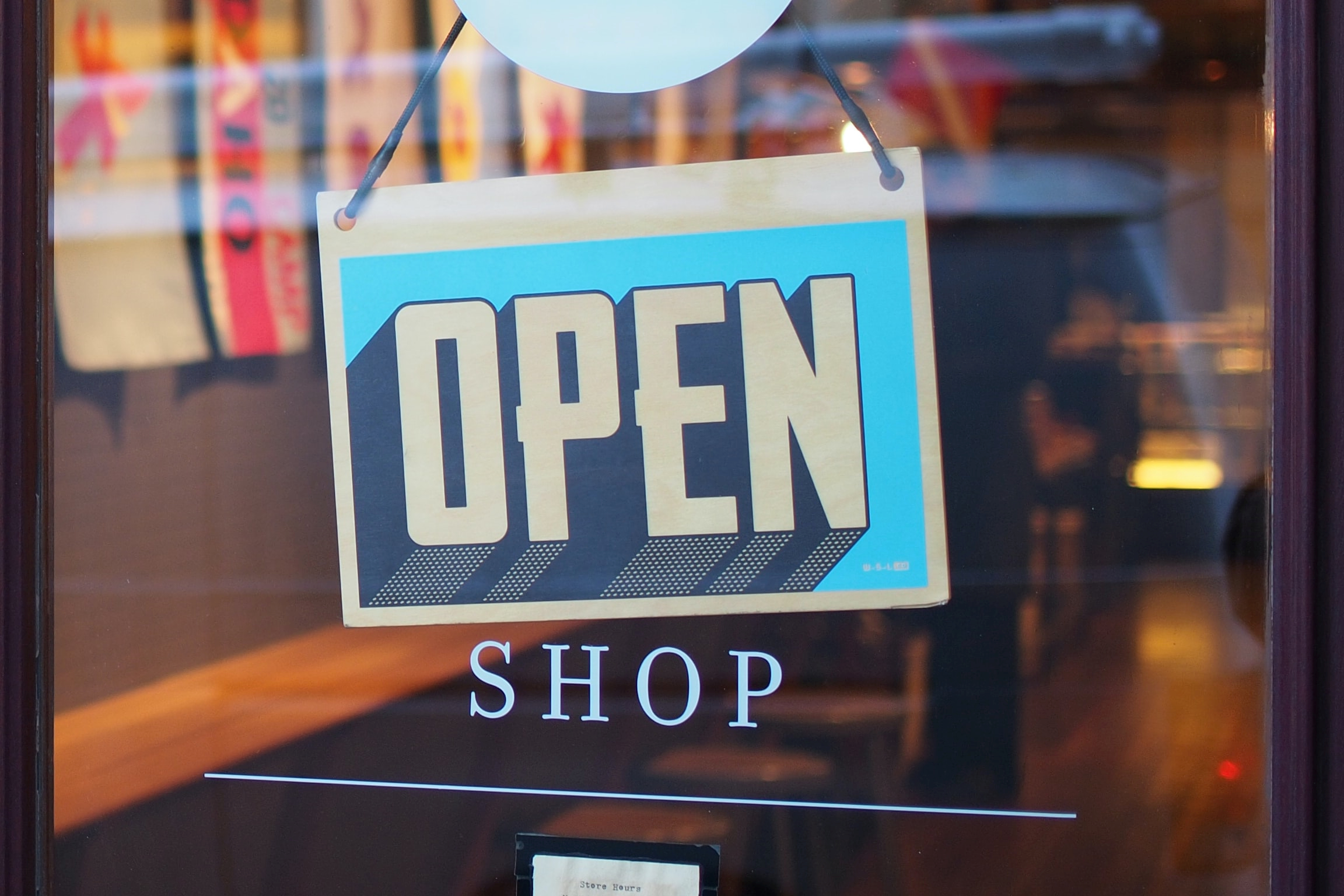On April 30th, Amazon published first quarter numbers that sent its stock price to an all-time high. With people under lockdown and unable to shop in brick-and-mortar stores, the USA’s number one online retailer saw its sales rise by 26% compared to the same period last year.
China’s online leader, Alibaba, has seen a surge in sales during the pandemic, too, reporting a 22% increase for its latest quarter. The company also added some 15 million new customers during the first three months of 2020.

The coronavirus pandemic has caused a significant rise in online shopping. Photo credit – Morning Brew, Unsplash
From bikinis to bread baking
In Europe, there is no single homegrown giant; each country or language region has its own leader – Allegro in Poland, FNAC in France and Bol.com in Holland.
The largest of the European players is Germany’s OTTO, a 70-year-old company that has made a successful shift from mail-order catalogues to offering online shopping for German and Austrian consumers.
OTTO Communications Officer, Frank Surholt, says the first few months of the year have been a mixed bag for the company.
“Our net sales are at nearly the same level as last year, but people’s priorities have shifted,” says Surholt. “Compared to a typical spring season in Europe, this year people are spending a lot more time searching for fashion, yet they’re buying significantly less. As people know they will not be traveling to the beach this summer, sales of bikinis and other beachwear are down.”
“But in other products we’re seeing significant increases,” he says. “With people unable to go to the gym, for example, sales of exercise weights are up 600%. Board games are up 200%, and hair-cutting machines some 300%. We’ve also been selling 240% more interior wall paint than normal, perhaps because people are making workspaces at home. Sales of freezers are up by 300%, too, as people don’t want to visit the supermarket as often. We’re also selling a lot more bread-baking machines!”
OTTO sends consumers their purchases in one of two kinds of packaging. Clothing and other soft items are sent in recycled plastic packages that conform with Germany’s ecolabel: Blue Angel. Heavier products are shipped in boxes made from recycled cardboard. These are durable enough that they can be re-used multiple times, so e-commerce customers can also use them for returns. If undamaged, OTTO may even send them out again.

Traditional shops are moving towards a ‘click-and-collect’ model. Photo credit – Mike Petrucci, Unsplash
Click, collect and protect
Amid the coronavirus lockdown, some traditional brick-and-mortar retailers in Europe started taking steps towards e-commerce with the ‘click-and-collect’ model: consumers buy their goods online, then collect them at a so-called ‘fulfilment centres’.
Click-and-collect also allows retailers to respect the rules of social distancing, by limiting the number of people at collection points and minimising physical contact between employees and customers. It’s quicker and easier for brick-and-mortar shop owners to get this model up and running than it is to start dealing with shipping, returns and all the other things that established online shops offer.
In late March, Ecommerce Europe – an association representing 100,000 ecommerce companies in 24 countries – published the results of a survey undertaken to gauge how Europe’s coronavirus lockdown was impacting its members. Almost two thirds of respondents said that brick-and-mortar shops prevented from opening during the lockdown were finding alternative ways to get products to their customers, including online sales.
“We have heard from our members that the Covid-19 outbreak has caused more brick-and-mortar shops to turn to e-commerce, either by starting their own web-shops or by selling via online marketplaces,” says the Secretary General of Ecommerce Europe, Marlene ten Ham.
“Although figures differ from country to country, we notice that most e-commerce shops have seen an increase of sales since the pandemic began,” she says. “But there are also e-commerce companies experiencing a severe drop in sales, such as those in the travel and events industries.”
Text: Andrew Flowers
Header Image: Mark König, Unsplash
